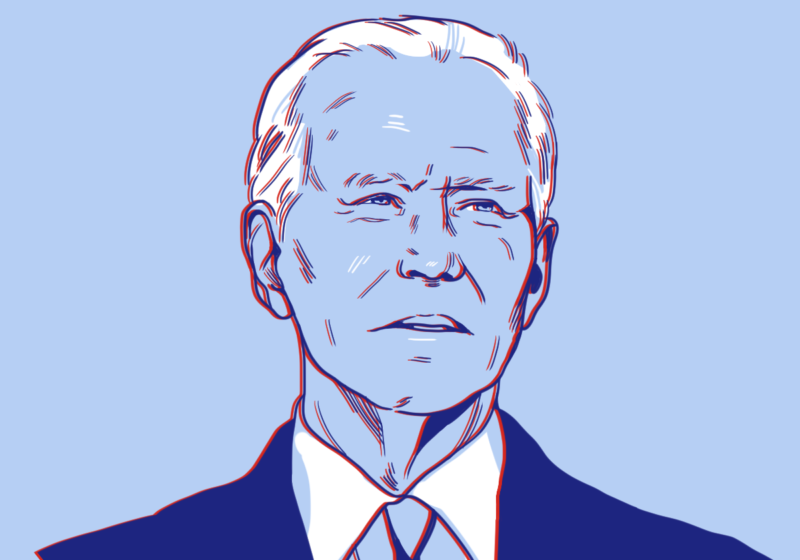I consider Joe Biden’s victory a personal one. I canvassed remotely to voters in Minnesota, even though making calls to total strangers scares me. I took time away from my classes to try to convince people to wake up and smell the tyrant. So when we all found out that Biden had been elected, I expected to feel… well, something else.
I expected to feel relieved. Instead, I felt frustrated. Where were the protests? Where was the upset? Having gotten what I thought I wanted, I realized I wasn’t so sure I wanted it anymore.
Not if the same white people who’ve been waking up to the reality of racism over the past few months will just go back to sleep again. Not if the same women who’ve started to realize how pervasive sexism is over the past four years will go back to burying our heads in the sand. Not if too many men continue to treat #MeToo like an excuse for performative feminism via hashtags, rather than a motivation to take accountability for themselves and their actions and commit to a new approach to interacting with women. Not if we’ll all call this win “good enough,” throw up our hands, and go home.
I’m not ready to throw up my hands and go home.
I fought for the past few months to replace one sexual predator with another. This isn’t the victory to convince me that this country’s game of electoral politics is ever going to give me what it promises. This isn’t a victory for the idea of a meritocracy, not when so many liberal men I know refused to stump for Kamala Harris or Elizabeth Warren, even though those candidates were much better matches for their actual politics.
Biden as the Democratic nominee fills me with fear. Biden’s win does nothing to assuage my concern that when it comes to power and human rights — too many people in this country are just not getting it.
The person in the room with the most power didn’t win that power because they were the kindest, or the most generous, or the strongest visionary. They won due to a combination of life circumstances, privilege, and meeting the right people at the right time.
We all attend one of the most elite universities in the country. We’ll probably be the person in the room with the most power, sooner or later. And I worry that you’re going to walk into that room and look out at all the little people while you congratulate yourself on not being one of them. I worry that I’m going to do that, too.
I worry when I’m cruel to somebody and tell myself it doesn’t matter. I worry when I say something disruptive or overtly feminist in class and then receive a much lower grade than I anticipated, or when my boss makes sarcastic or cruel comments rooted in a disrespect I haven’t earned.
Over time, these microaggressions constitute barriers that keep some of us spinning in place, while propelling others forward. These incidents that seem so small and unimportant determine who’s in the room where it happens, thereby also determining what happens in that room.
This country has a unique perspective. We think that the room where it happens should be everywhere, and the people who determine what happens in that room should include everyone.
So on the off chance someone besides the editors of this paper are actually reading this, please: Think hard about what parts of your own mind would prefer a president who looks like Biden to a president who looks like Harris. Think about what parts of you are represented by an 80-year-old white man who thinks very little of treating women like political props.
Think about where you experience violence in your life, and then think about where you direct violence. I guarantee you that someone in your life is bearing the brunt of it.
The feminist student whose papers you don’t really read, the antiracist activist whose comments you interrupt. The words you use and the ways you communicate that some people deserve to be in that room where it happens. The ways you communicate who you don’t think deserves to be in that room, and the ways you punish them for trying anyway.
The problem doesn’t live in Donald Trump, and it won’t go away when he does. The problem is in all of us, and it goes all the way back to the way this country was founded and who founded it and for what reasons. The problem isn’t leaving anytime soon.
So yes, you can use this moment as an opportunity to celebrate. You can go back to sleep if you wish. But some of us don’t have that privilege.



